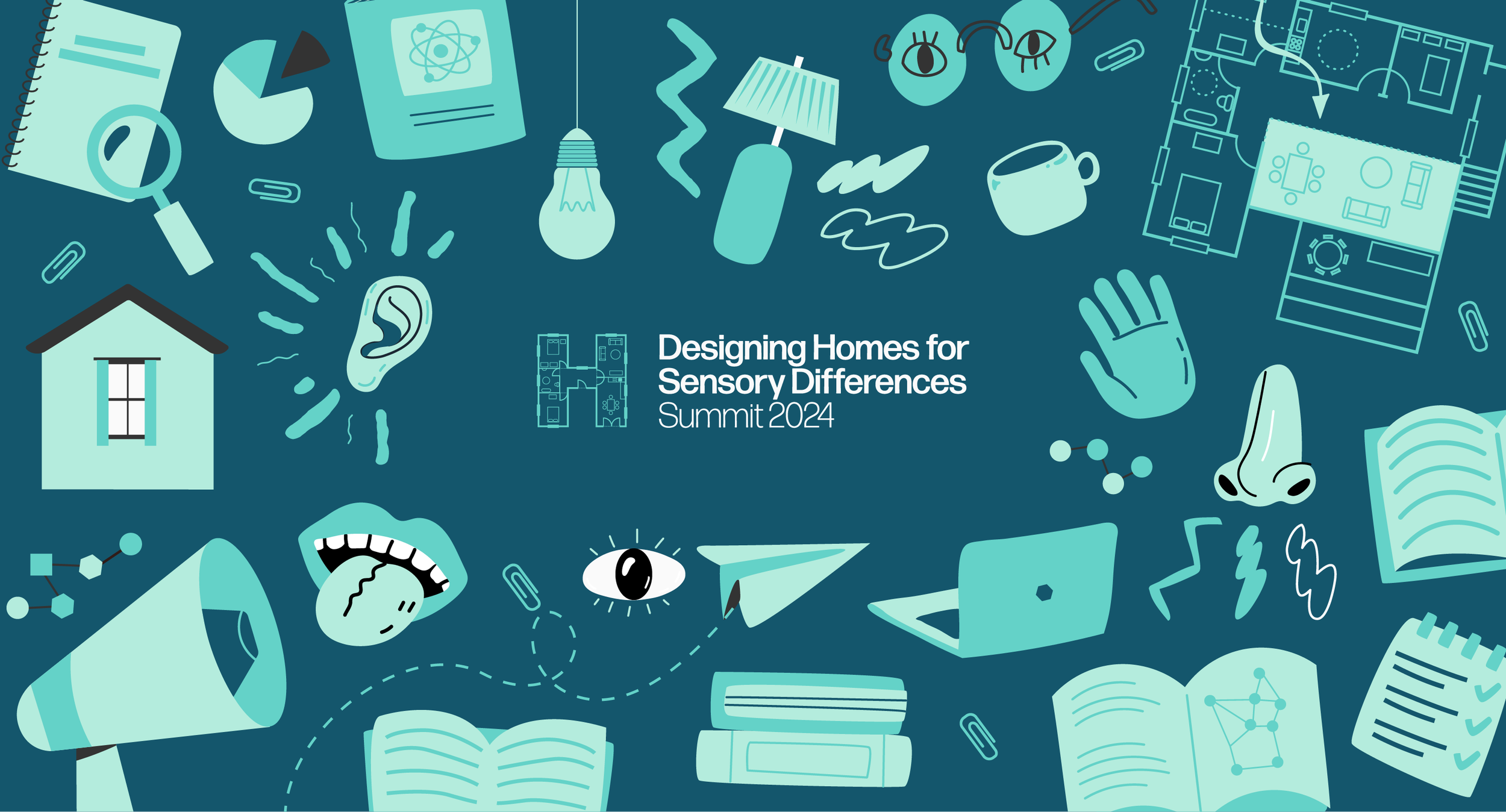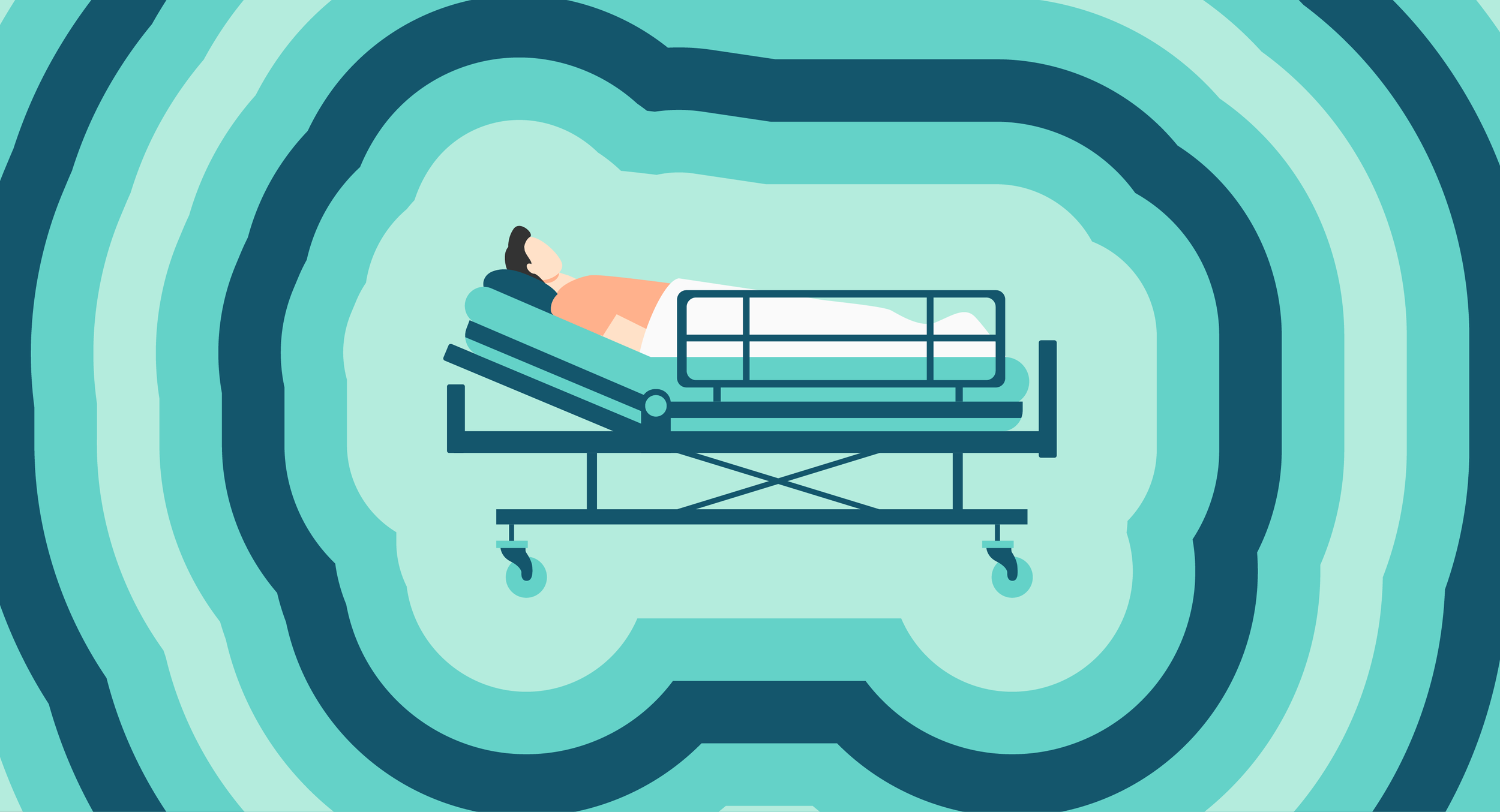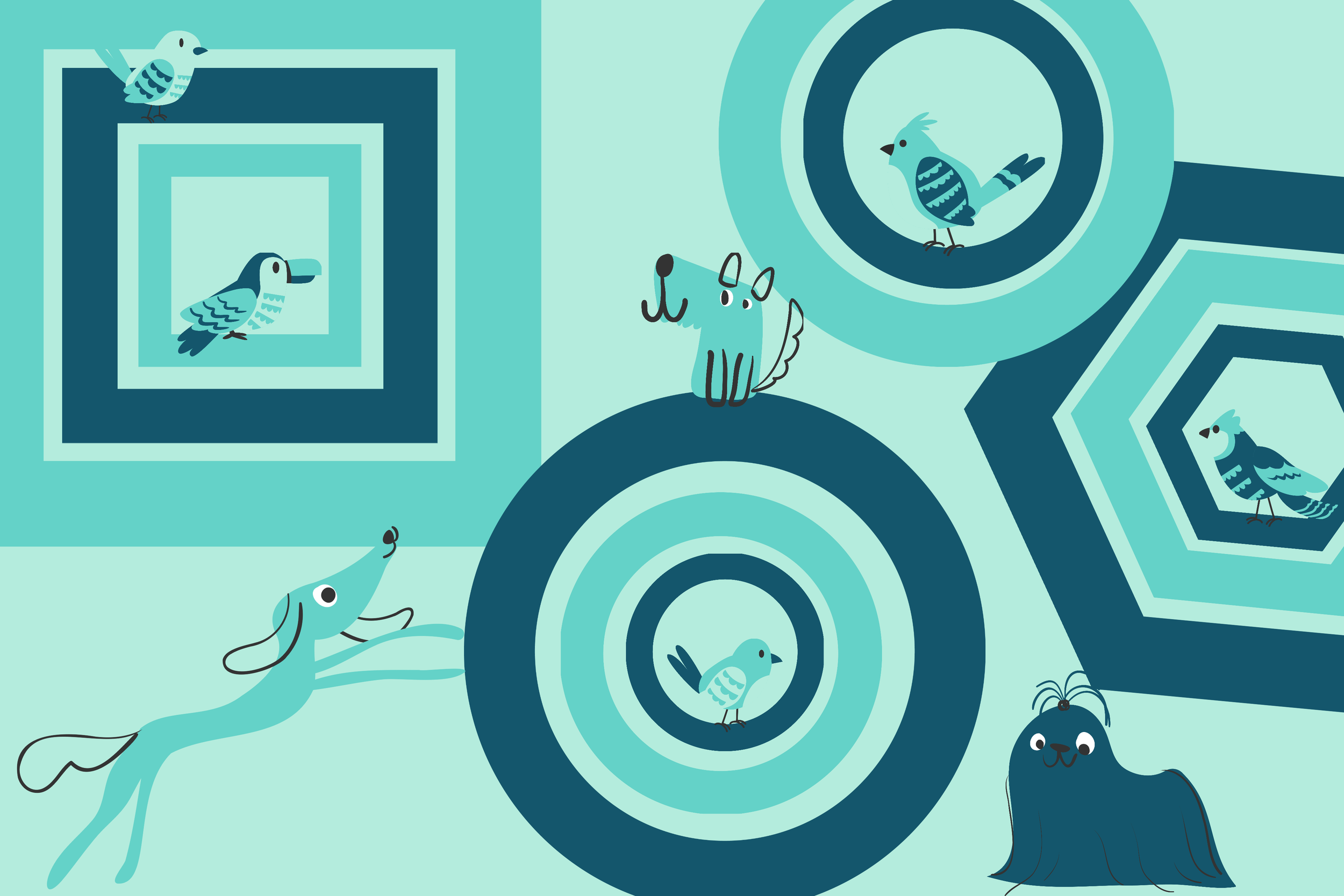Dive into a collection of articles that amplify neurodivergent voices, support a more thorough understanding of neurodiversity, and challenge common misconceptions.
Month
- August 2025
- July 2025
- June 2025
- May 2025
- April 2025
- March 2025
- February 2025
- January 2025
- December 2024
- November 2024
- October 2024
- September 2024
- August 2024
- July 2024
- June 2024
- May 2024
- April 2024
- March 2024
- February 2024
- January 2024
- December 2023
- November 2023
- October 2023
- September 2023
- August 2023
- July 2023
- June 2023
- May 2023
- April 2023
- March 2023
- February 2023
- January 2023
- December 2022
Author
- Abs S. Ashley
- Adam Fare
- Aimee Fletcher
- Aisling Sheehy
- Ann Memmott
- Antonia Aluko
- Beverley Samways
- Brendan Maguire
- Callum Stephen Howes
- Cassandra Lovelock
- Cassandra Lovelock and El Dewar
- Charli Clement
- Claire
- Cos Michael
- Darren O'Reilly
- Dr Catherine Crompton
- Dr Virginia Carter Leno
- El Dewar
- Elise Guthrie Stirling
- Emily Lees
- Emily Katy
- Emily Wooden
- Emma Nielson
- Grace Lee
- Guest Contributor
- Harriet Axbey
- Hat Porter
- Helen Edgar
- Iqra Babar
- Jill Corbyn
- Kai Schweizer
- Katrine Callander
- Kay Louise Aldred
- Krysia Waldock
- Kyra Thompson
- Lizzie Smith
- Lucy Gilbert
- Meena Kumari
- Molly Anderton
- Nick Ransom
- Reesha Zahir
- Remie Colledge
- Rhiannon Williams
- Rod Landman
- Rose Matthews
- Sarah Douglas
- Sarah Boon
- Sascha Bellamy
- Sophie Broadgate
- Stop Oxevision
- Thomas Barnett
- Tina
- Trauma Geek
- Warda Farah

4 Questions For…Authors of Neurodivergent Education and Lifelong Learning: From Babble to Later Life
We sit down to discuss Krysia Waldock and Nathan Keates new edited book, exploring Neurodivergent learning from babble to later life.

Autism Research—What’s New in August?
In this month’s research roundup Ann picks out some of the current big debates on Autistic lives, and showcases new and important research from teams and academics working within the field.

Autism Research—What’s New in July
This research roundup picks out some of the current big debates on autistic lives, and showcases new and important research from teams and academics working within the field.

4 Questions For: Autistic experiences of menopause study
In this installment of our 4Q4 (Four Questions For) blogs, we speak with Rose Matthews, Community Research Associate on the Bridging the Silos: Autistic Menopause Study, an international co-produced research study bringing together Autistic community representatives and academics from Carleton University in Canada and Bournemouth University in the UK.

What’s New in Autism Research—Housing and Sensory Needs Edition
This research roundup picks out some of the current Neurodivergent Affirming and best practice research around sensory needs in housing.

4Q4: The experiences of Autistic adults on inpatient mental health wards
In this latest article in our ‘Four Questions For’ series exploring new research projects, we talk to Rhiannon Williams, a doctoral student in Clinical Psychology at Coventry University. Her doctoral research project asks ‘What are the Experiences of Autistic Adults who have Spent Time on Inpatient Mental Health Wards in England?’

Autistic Trauma and Identity: Insights from Narrative Research
Katrine Callander shares Autistic-led PhD research into the traumatic impact that grooming and coercive control has on Autistic people, rooting her work in the complexities of late-identification, the pursuit of agency and authentic Autistic selfhood,.

Autism Research - What’s New in September 2023
This research roundup picks out some of the current big debates on autistic lives, and showcases some of the research from teams making an impact on improving the quality of life for autistic individuals.

Autism Research - What’s New in August 2023
This research roundup picks out some of the current big debates on autistic lives, and showcases some of the research from teams making an impact on improving the quality of life for autistic individuals.

Monotropism and The Monotropism Questionnaire
The theory of monotropism was developed by Dr Dinah Murray, Dr Wenn Lawson and Mike Lesser (2005) in their article, Attention, monotropism and the diagnostic criteria for autism.
Monotropic people focus more attention and energy resources on a more limited number of channels of interest than non-monotropic (polytropic) people, who may be able to attend to a broader range of channels and find it easier to switch between channels of interest and tasks.
- ABA
- abuse
- accessible
- ADHD
- adults
- advocacy
- affirming
- aging
- assessment
- autism
- autistic parents
- black autistic
- building design
- burnout
- childhood
- children
- co production
- coercive control
- communication
- community
- culture
- depression
- Designing Homes for Sensory Differences Summit 2024
- diagnosis
- disability
- dyslexia
- eating disorders
- education
- empathy
- employment
- environment
- ethics
- family
- friendships
- GCC Summit 2023
- gender
- government
- grooming
- guidance
- health
- healthcare
- holiday
- housing
- human rights
- identity
- inclusion
- inpatient
- intersectionality
- joy
- language
- late diagnosed
- learning disability
- LGBTQIA+
- lived experience
- masking
- medicalisation
- meltdown
- mental health
- monotropism
- mothers
- nervous system
- newly diagnosed
- NHS
- OCD
- online
- pain
- parents
- PBS
- peer support
- play
- psychiatric care
- quality of life
- race
- racism
- reasonable adjustments
- relationships
- research
- resources
- routine
- school
- self diagnosis
- self regulation
- sensory environment
- sensory overwhelm
- sensory processing
- services
- sexism
- special interests
- spirituality
- stimming
- stress
- suicide
- support
- therapy
- training
- trauma
- trauma-informed
- women
- workplace
- young people
Got something to say?
We commission blogs from neurodivergent writers. We are particularly keen to hear from people of colour, older people, and non-speaking members of our community. Help us in our mission to amplify the views and voices that are most often left unseen and unheard.


